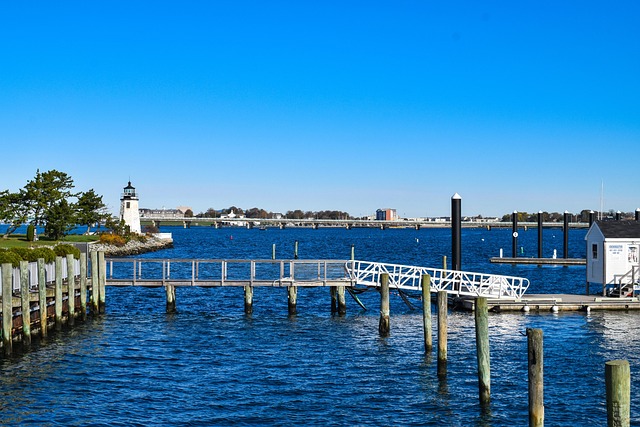Rhode Island's "do not call" laws, governed by the TCPA, protect residents from unwanted telemarketing. Food delivery services need lawyers specializing in these laws to ensure compliance, avoid fines, and foster trust with customers, especially in Providence, the state capital. These legal experts guide businesses through complex guidelines, implement opt-out systems, and maintain accurate customer databases, preventing legal disputes and demonstrating ethical practices.
“In the dynamic world of food delivery services, adhering to ‘do not call’ laws is essential to avoid legal pitfalls. This article explores Providence’s unique approach to enforcing the Telephone Consumer Protection Act (TCPA) in Rhode Island. With insights from a local lawyer, we delve into the regulations and strategies that shape the industry. Understanding these guidelines is crucial for businesses aiming to thrive while respecting consumer privacy. From compliance tips to real-world case studies, this guide equips food delivery services with the knowledge needed to navigate Providence’s enforcement landscape.”
Understanding Do Not Call Laws in Rhode Island: A Lawyer's Perspective
In Rhode Island, “do not call” laws are designed to protect residents from unwanted telemarketing calls and sales pitches. From a lawyer’s perspective, these regulations are pivotal in maintaining consumer privacy and preventing harassment. The primary legislation governing this area is the Telephone Consumer Protection Act (TCPA), which sets strict guidelines for businesses making automated or prerecorded calls to consumers. A lawyer specializing in Rhode Island’s do not call laws can help food delivery services navigate these regulations, ensuring compliance to avoid substantial fines and legal repercussions.
Understanding the nuances of these laws is crucial for any business operating within Rhode Island, especially with the rise of direct-to-consumer food delivery services. Lawyers play a vital role in guiding companies on acceptable marketing practices, consent requirements, and opt-out mechanisms. By employing a lawyer for do not call Rhode Island, food delivery platforms can effectively manage customer relationships while remaining compliant, thereby fostering trust and avoiding legal disputes.
Providence's Role in Enforcing Telephone Consumer Protection Act (TCPA) Regulations
Providence, as the capital and most populous city in Rhode Island, plays a pivotal role in enforcing the Telephone Consumer Protection Act (TCPA) regulations. As a major hub for various businesses, including food delivery services, Providence’s legal landscape is attuned to ensuring compliance with the TCPA, which restricts unsolicited phone marketing calls. The city’s legal community, comprising experienced attorneys specializing in consumer protection law, including those serving as lawyers for Do Not Call Rhode Island, actively monitors and enforces these rules.
These legal experts help protect residents from excessive or unauthorized phone calls by food delivery services. They guide businesses on how to navigate the complex TCPA guidelines, ensuring compliance to avoid hefty fines and penalties. Providence’s commitment to upholding consumer rights under the TCPA makes it a significant player in maintaining a balanced relationship between marketers and consumers, especially in the fast-paced and tech-driven food delivery industry.
Strategies for Food Delivery Services to Comply and Avoid Legal Troubles
Food delivery services operating in Providence, Rhode Island, and beyond must be vigilant about adhering to the state’s “Do Not Call” laws to avoid legal complications. One effective strategy is to implement a robust opt-out system, ensuring customers can easily remove themselves from marketing lists. This involves clear and concise language during the ordering process and on confirmation emails or text messages. Additionally, maintaining an up-to-date customer database with accurate contact preferences is crucial. Regularly reviewing and updating records helps delivery services stay compliant and prevent unintentional calls to registered “Do Not Call” numbers.
Hiring a legal professional specializing in Rhode Island’s consumer protection laws, such as a lawyer for Do Not Call Rhode Island, can provide valuable guidance. These experts can assist in crafting policies and procedures that meet regulatory requirements and offer advice on handling complaints or potential disputes. By proactively seeking legal counsel, food delivery companies demonstrate their commitment to ethical practices and minimize the risk of costly lawsuits or administrative penalties.






